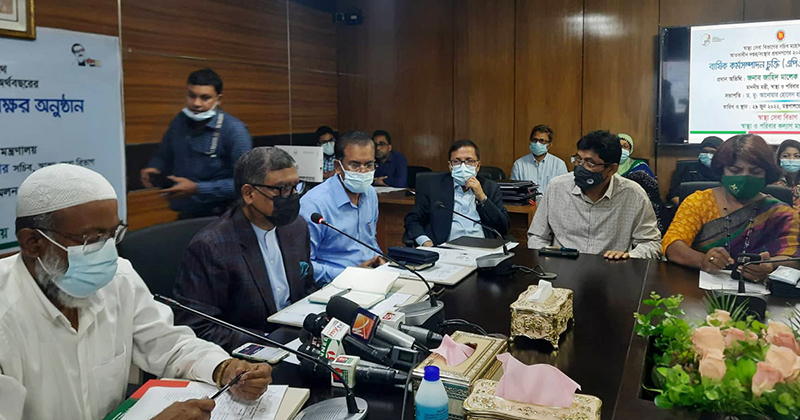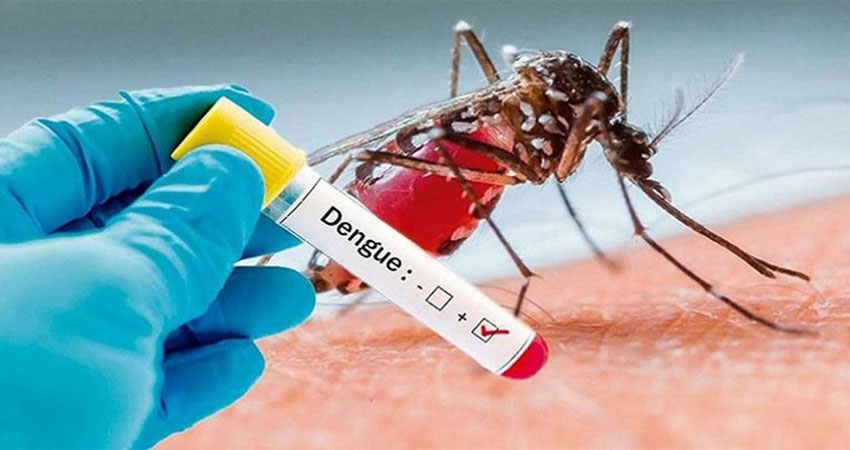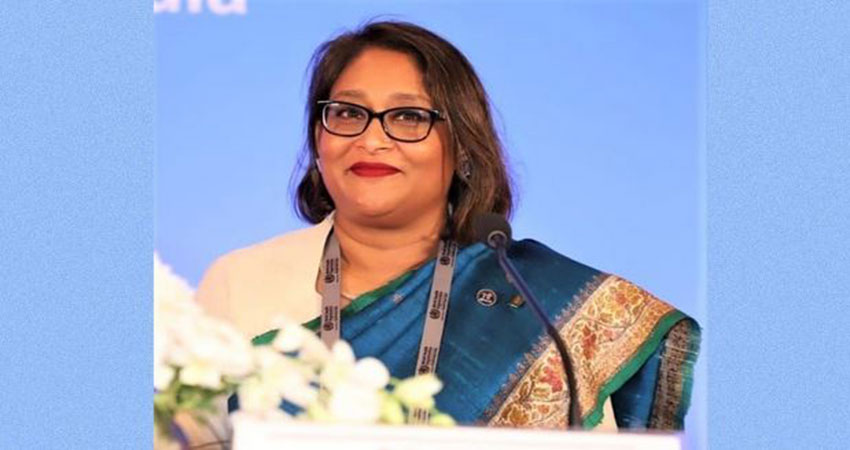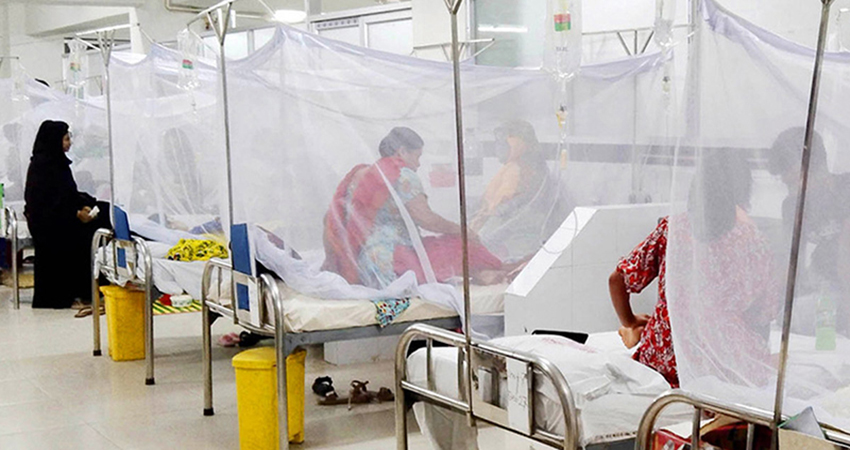Dr. Tasnuva Ahmed Khan, Associate Professor
Food is one of the fundamental human rights. Article 18(1) of the Constitution of Bangladesh recognizes the promotion of public health and nutrition as one of the primary duties of the state. The current government is committed to achieving food and nutrition security for all citizens of the country to live functional and healthy lives. Committed to ending poverty (SDG-1), ending hunger, food security and improved nutrition (SDG-2) by 2030 in line with the United Nations Sustainable Development Goals.
First of all we need to know what is malnutrition ? Malnutrition is a condition associated with deficiency, excess intake or imbalance in macro or micronutrient intake. For example, undernourishment and stunting are two types of malnutrition. A child being stunted or stunted is an indicator of undernourishment. Malnutrition has several other factors to consider, such as hunger, moderate food insecurity and severe food insecurity. An uncomfortable or painful feeling. Food deprivation, not consuming enough calories. Chronic undernutrition is used interchangeably here. Measured by prevalence of undernutrition (POU). Moderate food insecurity is the uncertainty about the ability to obtain food, the risk of going out or running out of food, forcing compromises on the nutritional value or quantity of food intake. Acute food insecurity means running out of food, experiencing hunger, or going without food for one or more days in extreme situations.
The basic objective of the government is to provide basic health and medical facilities to all the people of the society and to improve the nutrition and health of the people. As in other service sectors, women are discriminated against in healthcare. From childhood to old age, a woman faces various family, social and legal problems in accessing health care in various areas including nutrition and reproduction. Gender Equity Strategy 2001 has been formulated by the Ministry of Health and Family Planning to remove these barriers. The Gender Equity Strategy 2014 was developed based on the experience of implementing the Gender Equity Strategy 2001. The main objective of the Gender Equity Strategy is to improve the health of the people of the country through optimal utilization of services provided to women, children, adolescents, disadvantaged and geographically marginalized groups and poverty. The implementation period of Gender Equity Strategy 2014 is 2014-2024. Short term, medium term and long term plans have been formulated for the effective implementation of this strategy. Meanwhile, after the implementation of short and medium term plans, the implementation of long term plans is underway. Gender inequality exists as an important determinant of health and well-being at all levels of society. Despite living longer, women have less leisure time than men on average. Such poor health of women later results in physical and mental illness.
It is also recognized that gender equality and empowerment of women and girls are important determinants of the health and well-being of individuals, families, organizations, communities. The main goal of government is to create a healthy nation, in which every citizen can contribute to the national economy and is capable of poverty alleviation. There is no substitute for a strong and effective health sector for ensuring human rights. The current government has taken various steps to provide health and nutrition services and expand the scope of services expected by the people. These include formulation and implementation of up-to-date policies related to health, nursing service management, development of public health including health and medical facilities, production and distribution of quality drugs and quality control of import and exportable drugs, construction, maintenance and expansion of service infrastructure, child and maternal health services, expanded immunization. Programs and implementation of programs in nutrition development, control of communicable and non-communicable diseases and emerging diseases.
In order to ensure better health care for mothers and children, the government has emphasized on continuing the Maternal Health Voucher Scheme and increasing the number of beneficiaries by increasing its coverage, expanding prenatal care, emergency obstetric care and post-natal activities along with continuing midwifery and community-based skilled midwifery services. Apart from distributing iron tablets to pregnant women and vitamin-A capsules and deworming pills to children and encouraging breastfeeding, awareness raising activities are also being conducted. In order to increase the consumption of nutritious food, the government has taken various steps to expand the scope of providing supplementary food to pregnant women, maternity and children.
Bangladesh is making great progress in health, nutrition, water, sanitation and hygiene, education and child protection. They are considered as role models to the world. The basic principle of SDG is that no one will be left behind, in the light of that, by identifying those who are behind in the development process of the country, the government has taken steps to eliminate nutritional inequality in the country through planning accordingly. As a result of these measures, the average family size has reduced to 4.3, the average fertility rate is 2.3, the number of breastfed children is 98.5, and it has been possible to ensure the attendance of almost 100% of children in primary school. The birth registration rate of children under 5 years has increased. The number of children with moderate and severe stunting has decreased significantly. Vitamin A capsules administered twice a year to children aged 6-59 months have shown significant improvement in night blindness. Sources of drinking water collection have improved in almost all households. There is very little difference in this regard between rural and urban households. Of these, more than 43 percent of the population lives in areas where there is a source of water at their residence. However, many places have not improved to the desired extent. All those areas have been identified and the government is consciously working on them.
The government has taken necessary steps to ensure better healthcare for mothers and children. Women face difficulties in accessing health care due to the lack of representation of women in the required number of doctors and other service providers in providing health care. The government is and is trying to make medical centers women-friendly by appointing sufficient number of women doctors and other female service providers in health care centers. It is not possible to solve this problem in one day, but it is an ongoing process. Medical centers are now much more women and child friendly than before.
In this era of globalization, one of the agenda of the present government is to create a healthy and strong population and to eradicate poverty by involving them in the main stream of economic activities in order to build a progressive society. By eliminating nutritional inequality in the country and building a healthy nation, everyone should come forward to achieve the Sustainable Development Goals by 2030, to become an upper-middle income country by 2031 and to become a developed country by 2041.



















